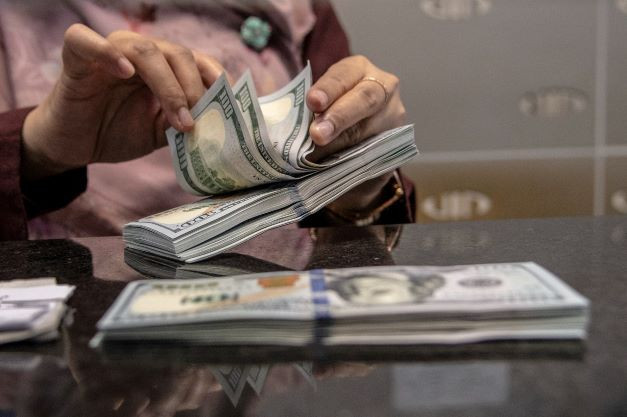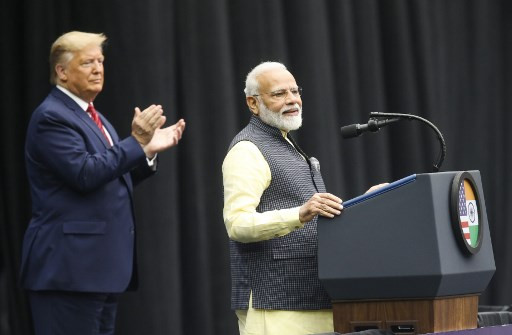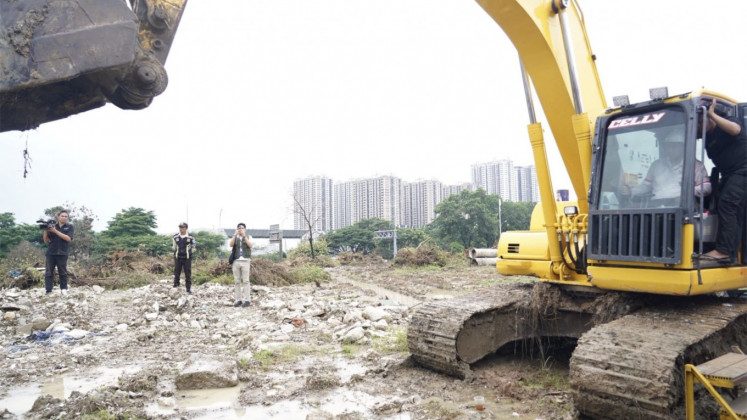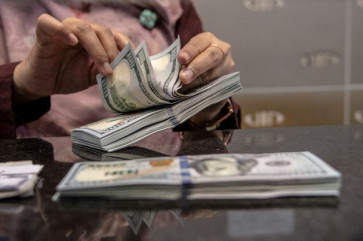Popular Reads
Top Results
Can't find what you're looking for?
View all search resultsPopular Reads
Top Results
Can't find what you're looking for?
View all search resultsHow Indonesia should navigate the polycrisis world
Change text size
Gift Premium Articles
to Anyone
W
e have long been living in a rapidly changing environment, and we tend to think the new chapter of a decade will be different. This is often the case. However, as we entered the decade of the 2020s, we began to face entirely new problems and challenges. Indeed, those problems have come after one another and have created significant challenges.
Adam Tooze, a professor of history at Columbia University, has a relevant term to describe the challenges we face these days. He popularized the word “polycrisis”.
A normal crisis emerges from a problem that challenges our typical abilities and hence causes us to question our identity. On the other hand, in a polycrisis, we encounter shocks that look disparate but are, in fact, interlocking and interacting in such a way that the overall effect is overwhelming. In short, they happen all at once and they tend to reinforce each other.
Evidence of this state of polycrisis appeared during the 2023 World Economic Forum, where we heard that businesses were still under pressure from the aftereffects of COVID-19, accelerated inflation in the post-pandemic world and the Russia-Ukraine war.
The message from emerging markets does not sound cheerful either. The pandemic, rising commodity and food prices and a stronger dollar have placed developing countries under stress.
The recent Global Risk Report by the WEF highlighted that the top risk for the next two to three years will be the cost of living. This means that the most vulnerable groups of society and already fragile states will be most severely affected, which will exacerbate poverty, starvation, violent protests, political instability and possibly result in state collapse.
Meanwhile, the gains earned by middle-class households will also be undermined by economic pressures, resulting in global unhappiness, political division and requests for more social protections.


















